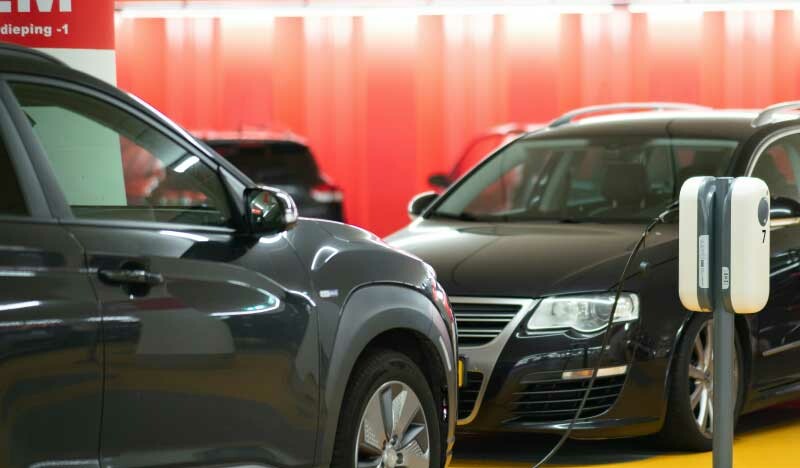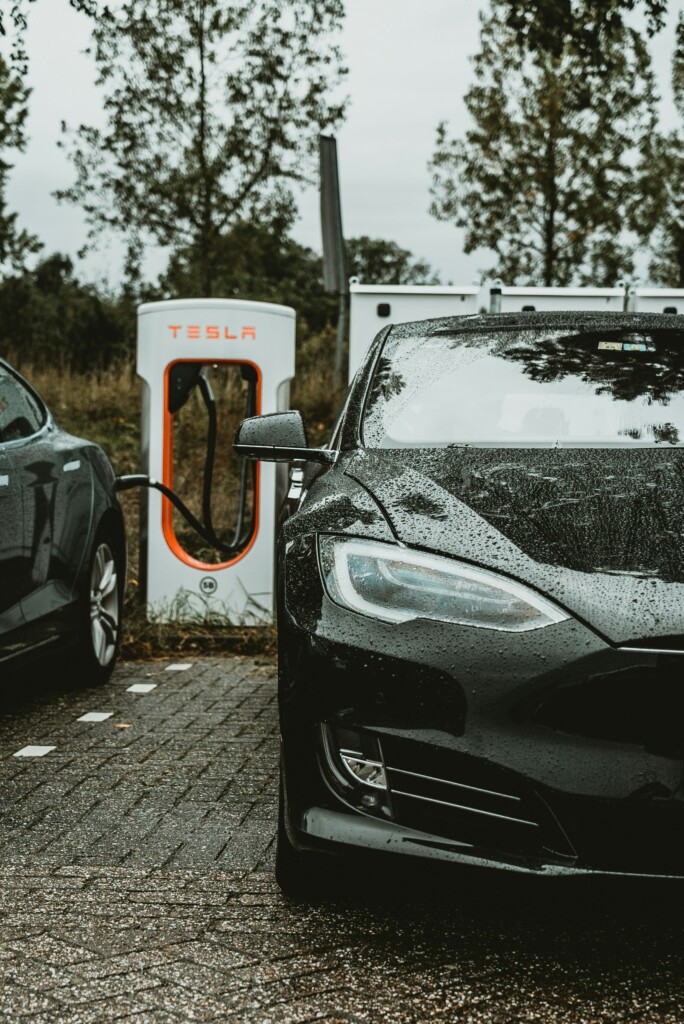FACT-CHECK: Are Electric Vehicles Effective?

The global push towards sustainability has propelled electric vehicles (EVs) into the spotlight as a promising solution to combat climate change and reduce our reliance on fossil fuels.
Given the high-impact of climate change on small island nations like the Maldives, sustainability efforts such as EV’s are an avenue worth exploring. Let’s dig into some common assertions about EVs and assess their accuracy.
Claim 1: Electric vehicles are zero-emission vehicles, contributing significantly to reducing air pollution and greenhouse gas emissions.
Fact Check: Mostly True.
Electric vehicles produce zero tailpipe emissions during operation, making them cleaner than traditional internal combustion engine vehicles. However, the environmental impact of EVs depends on factors such as the source of electricity used for charging. In regions with a high proportion of renewable energy in the grid, EVs can indeed contribute to significant reductions in air pollution and greenhouse gas emissions. However, in areas where electricity generation relies heavily on fossil fuels, the overall emissions reduction benefits of EVs may be mitigated.
The Maldives, like many island nations, faces challenges related to climate change and environmental degradation. Transitioning to electric vehicles can help reduce greenhouse gas emissions and air pollution, contributing to the country’s sustainability goals.

Establishing a reliable and widespread charging infrastructure is essential for the successful adoption of electric vehicles in the Maldives. Given the dispersed nature of the islands, implementing charging stations across multiple locations, including urban centres, resorts, and transportation hubs, presents logistical and financial challenges. Government incentives, subsidies, and financing options could help make EVs more accessible and affordable, but sustained efforts are needed to overcome cost barriers.
Claim 2: Electric vehicles have lower operating costs compared to conventional petrol or diesel-powered cars.
Fact Check: True.
Electric vehicles typically have lower operating costs than traditional internal combustion engine vehicles due to several factors. Firstly, electricity is generally cheaper than petrol or diesel on a per-mile basis, resulting in lower fuel costs for EV owners. Secondly, electric vehicles have fewer moving parts and require less maintenance than conventional cars, leading to reduced servicing and repair expenses over the vehicle’s lifetime.
The Maldives currently relies heavily on imported fossil fuels for transportation, which can be costly and environmentally detrimental. Shifting to electric vehicles powered by renewable energy sources, such as solar or wind power, can enhance energy security and reduce dependence on imported fuels.
EV’s offer significant advantages in terms of reducing air pollution, lowering operating costs, and mitigating greenhouse gas emissions compared to conventional petrol or diesel-powered cars. While challenges such as limited range and infrastructure gaps persist, ongoing advancements in technology and supportive policies can drive the continued growth and adoption of electric transportation worldwide

THE VERDICT
While electric vehicles offer significant potential benefits for the Maldives in terms of environmental sustainability, energy security, and tourism development, overcoming challenges related to charging infrastructure, range limitations, affordability, and maintenance is essential for successful adoption. Collaboration between government agencies, private sector stakeholders, and international partners is crucial for implementing holistic strategies to promote the uptake of electric vehicles and advance sustainable transportation in the Maldives.










